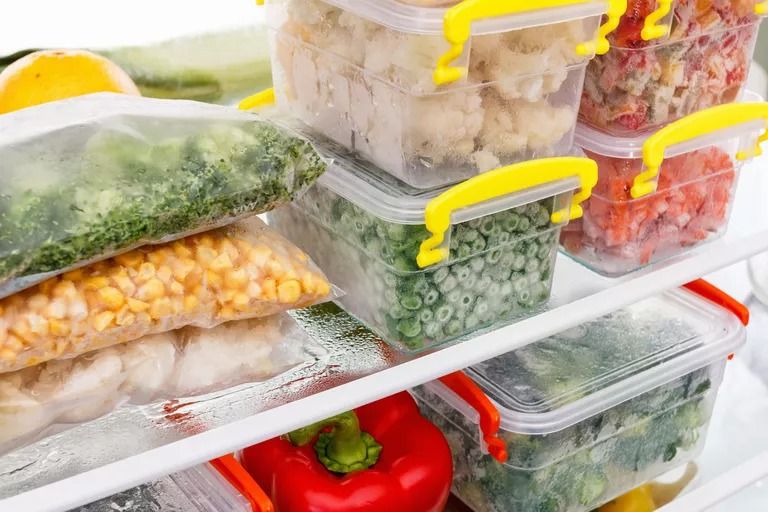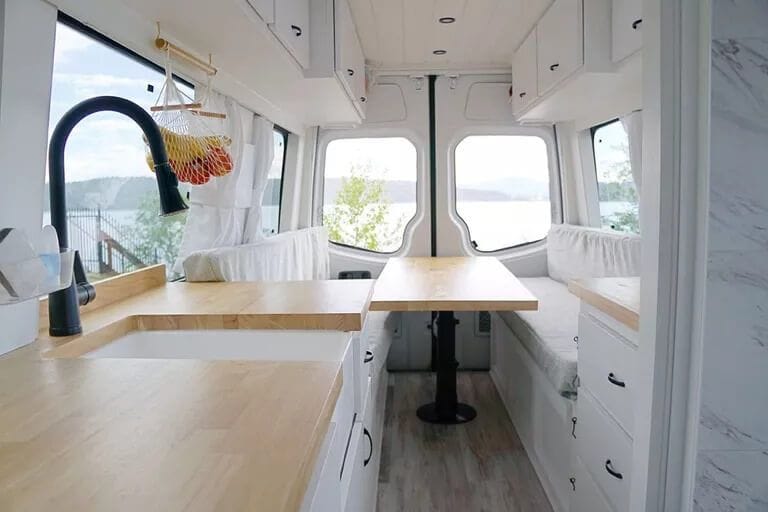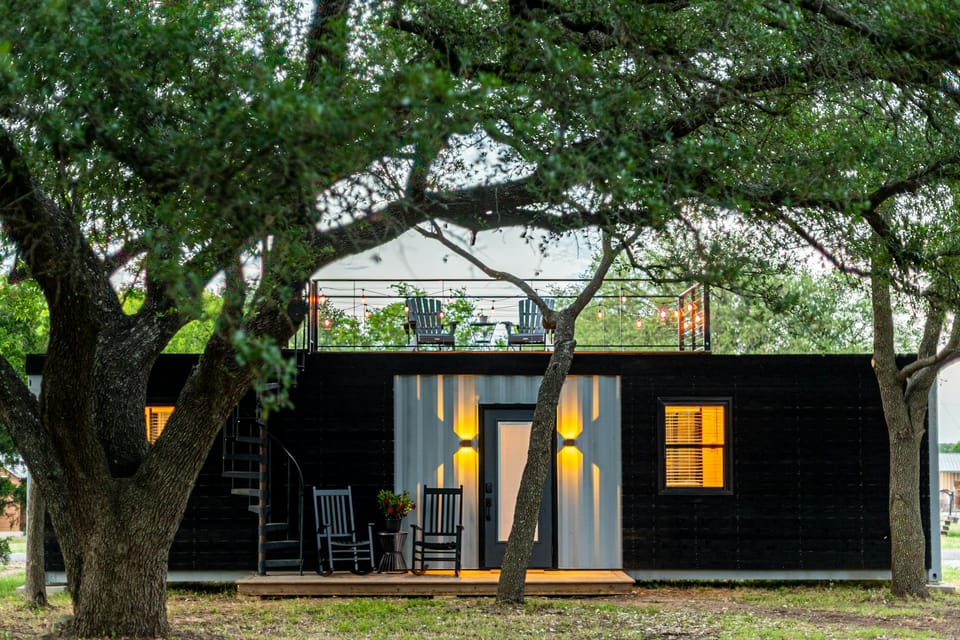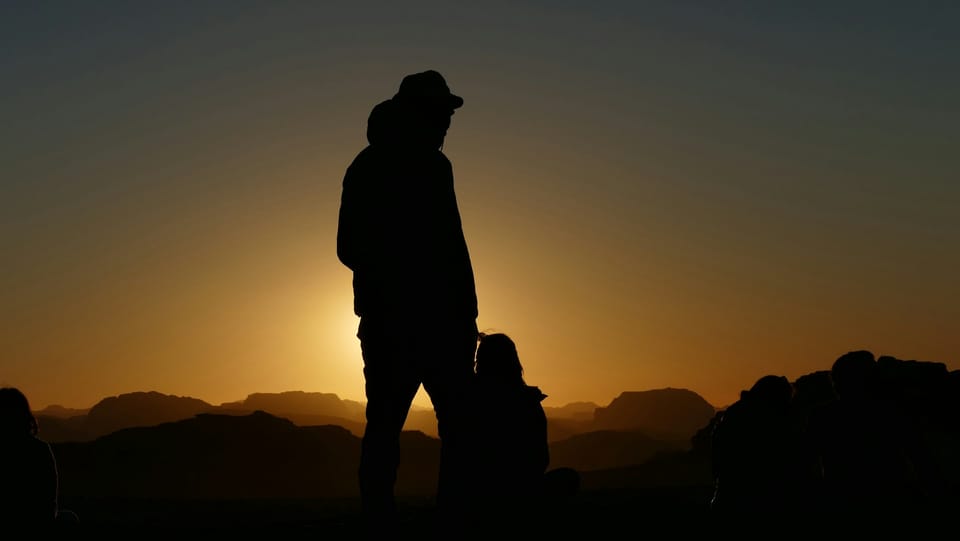Summer Travel Tips: How to Stay Safe From COVID-19
As summer travel rebounds in 2025, staying vigilant against COVID-19 remains essential. Experts recommend being fully vaccinated before embarking on trips, as vaccination significantly reduces transmission risk. Opting for outdoor destinations and limiting itineraries to fewer locations can minimize
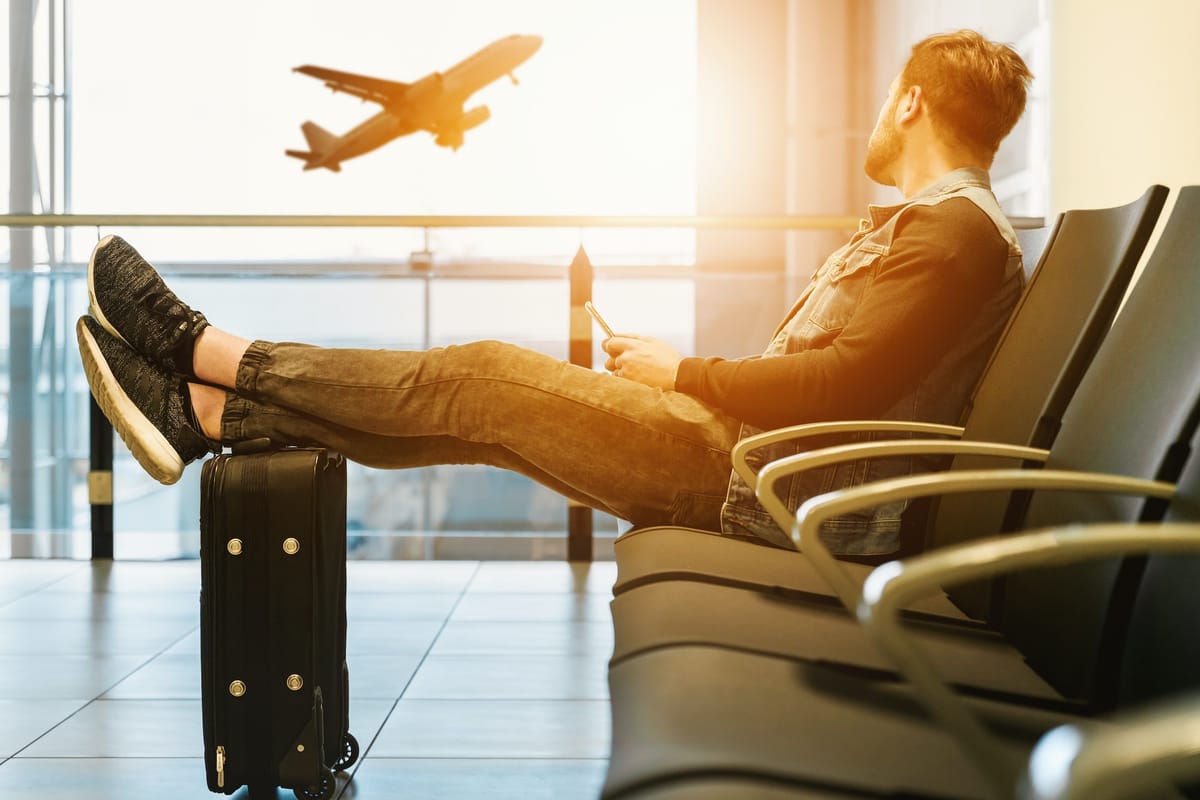
With vaccination rates continuing to rise in the United States, many Americans are ready to leave their quarantine routine behind and embrace traveling for the first time in over a year. According to the Transportation Security Administration (TSA), June 2021 travel checkpoint numbers are already nearing pre-pandemic highs.
“The pandemic pressed a pause button on vacation planning and travel in general for most of us for many, many months,” says Dr. Ole Vielemeyer, medical director of Infectious Disease Associates and Travel Medicine at NewYork-Presbyterian/Weill Cornell Medical Center and associate professor of clinical medicine at Weill Cornell Medicine. “As a result, many of us are yearning for a getaway and change of scenery.”
As we slowly return to normal, travelers should continue to consider COVID-19 precautions while planning their trips, advises Dr. Vielemeyer. He shared with stuffs.cool his tips on how to make safe choices while travel planning this summer.
Get Vaccinated
COVID-19 infection rates are declining around the world, and while public health measures like hand hygiene, mask wearing, and social distancing have helped control the spread, the biggest reason for the decrease has been vaccinations, says Dr. Vielemeyer. “We also see that vaccination reduces the transmission of the virus, making it much safer for everybody to start traveling again,” he says. “By far, the most protection will come from being fully vaccinated before you embark on your trip.”
Keep It Simple and Slow It Down
While it might be tempting to check off all the places on your bucket list after a year of being stuck at home, it’s smart to focus on one destination. “Instead of, say, visiting six countries in 10 days, pick one place and explore it in depth,” says Dr. Vielemeyer. “That could end up being an even more rewarding experience, and it certainly will reduce [the] risk of catching a virus, including the virus that causes COVID-19.”
Dr. Vielemeyer also suggests remembering the leisure part of leisure time. Taking some extra days so you’re able to adjust to your destination, enjoy the sights, and have time to transition when you get home will help ensure that you don’t get run down from the travel. “The more rested you are, the stronger your immune system will be,” says Dr. Vielemeyer.
Enjoy the Outdoors
Studies have shown that the virus that causes COVID-19 is much less transmissible outside. Dr. Vielemeyer encourages visiting a place that allows for lots of outdoor time. To avoid crowds, “pick a destination that is off the beaten path and not on the list of Instagramable sites,” he says. “You will run into fewer people and may discover something truly magical and new.”
For families who want to travel with young children who are not yet vaccinated, an outdoor trip, such as camping, is a great option. “Kids love the outdoors. Be sure to bring extra hand sanitizer wipes, tissues, masks,” says Dr. Vielemeyer.
Don’t Be Anxious About Airplanes if You’re Fully Vaccinated
“There is no need to be afraid of traveling on an airplane,” says Dr. Vielemeyer of those who are fully vaccinated. “The filtering system and air exchanges make airline travel one of the safer options.”
If you are flying, remember to:
- Stay hydrated before and during the flight
- Limit alcoholic beverages
- Move about the cabin when permitted
- Wear appropriate clothing so you don’t get too hot or too cold
- Pack masks, alcohol-based hand sanitizer, alcohol-based wipes for touch surfaces, and tissues

As for what mask you should wear on the plane, Dr. Vielemeyer says that while N-95 masks offer the most protection, “They might not be necessary if you are fully vaccinated. The most appropriate mask is a surgical mask that fits well. It prevents droplet transmission and is more breathable than an N-95 mask,” he says.
Research Lodging
Most places have implemented COVID-safety protocols, so familiarize yourself with the measures they take. “Since COVID-19 outbreaks typically occur at larger places, consider a small- or medium-sized hotel or resort that has proper room cleaning guidelines in place, air filtration systems that have central air conditioning, staff that is either vaccinated or required to wear masks, and enforced capacity limits for places like restaurants and elevators,” advises Dr. Vielemeyer. “If you are staying in a larger resort that could potentially be crowded, use public areas during off-peak hours, wear a mask when in doubt, and wash your hands frequently.”
Be Informed, Prepared, and Flexible
Make sure you keep up with news about your destination and its COVID-19 cases. Dr. Vielemeyer also recommends taking these steps:
- Have a contingency plan in case you need to cancel your trip due to surging cases.
- Make sure all information about your personal health is readily available.
- Bring all your medication with you, including extra, in case your trip must be extended.
- Consider travel health insurance if you believe you are at increased risk of falling ill, and have a plan on how to proceed if you get sick.
“Mass vaccination around the world has reduced the disease burden and thus made it much safer for people to start traveling again,” says Dr. Vielemeyer. “It’s an exciting time as we finally are ready to pack our bags and explore again.”




